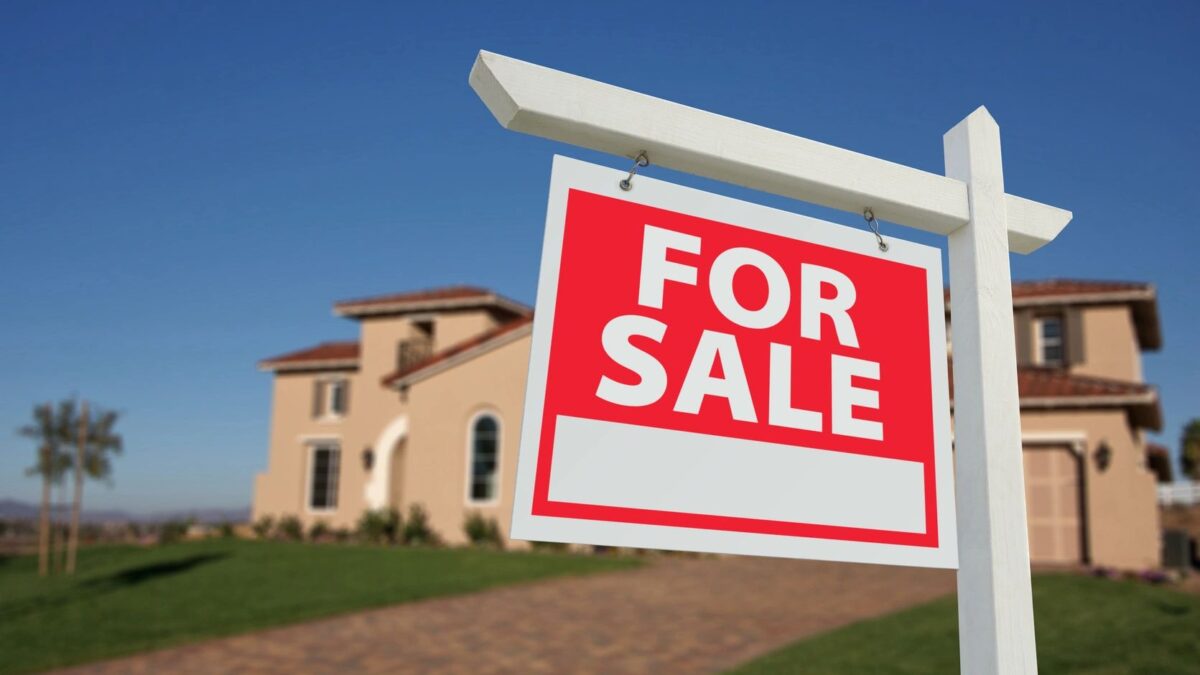For so many of us, buying a home is the rite of passage that we have worked toward all these years. These days, purchasing a house is not just a way to get onto the property ladder or to provide a place for you and your family, it is a status symbol that is pivotal to so many parts of our lives. For many people, it’s also the place where we work, so it’s essential that we make sure our home is not just the right one for our budget in the short term, but a financially viable one in the long term. What does it take to make sure that in terms of budgeting, it is possible to get on to the property ladder?
Know the Right Type of Product for Your Finances
One of the most confusing aspects of applying for a mortgage is knowing which type of mortgage is suitable for you. There are different products out there, from conforming loans to conventional loans with fixed rates and adjustable rates, and all come with their own benefits. Conforming products usually offer more choices and can come with a lower interest rate, although this is not always the case. When you are looking for the right type of product, this will make a massive difference, especially when it comes to transitioning from renting to owning your own home.

Don’t Make Massive Financial Changes When Applying for a Mortgage
What we have to remember at this point is that we need to look responsible in the eyes of the lender, and this means you’ve got to look at your financial situation. You need to start asking yourself some hard questions, especially if you are someone that relies on your credit card to get through tough times. Any loan in the run-up to applying for a mortgage, even 12 months ahead, can complicate the overall lending process. When you stay away from large shifts in your finances, it will make everything far easier for you, and this includes making large undocumented payments into your account and even changing jobs.
Consider the Initial and Future Costs
The initial costs of buying a home are numerous. The general rule of thumb is that you should have enough spare cash to cover between three and six months of expenses, as well as enough money to make the down payment. However, there are loans that don’t need anything down but will typically come with a higher interest rate. The best thing you can do here is to look at an online free mortgage calculator and start budgeting appropriately. You should also estimate those future expenses, especially as going from renting to owning a home comes with a number of different fees such as the utilities, homeowners association fees, and general maintenance of your home, which can all add up.
Understanding your financial responsibilities is critical, and lots of us make a massive effort to get onto the property ladder but people seldom look beyond that. Homeownership is a very long and potentially financially draining experience, so therefore you must get your finances in the best possible position now as well as alter your money mindset.
















